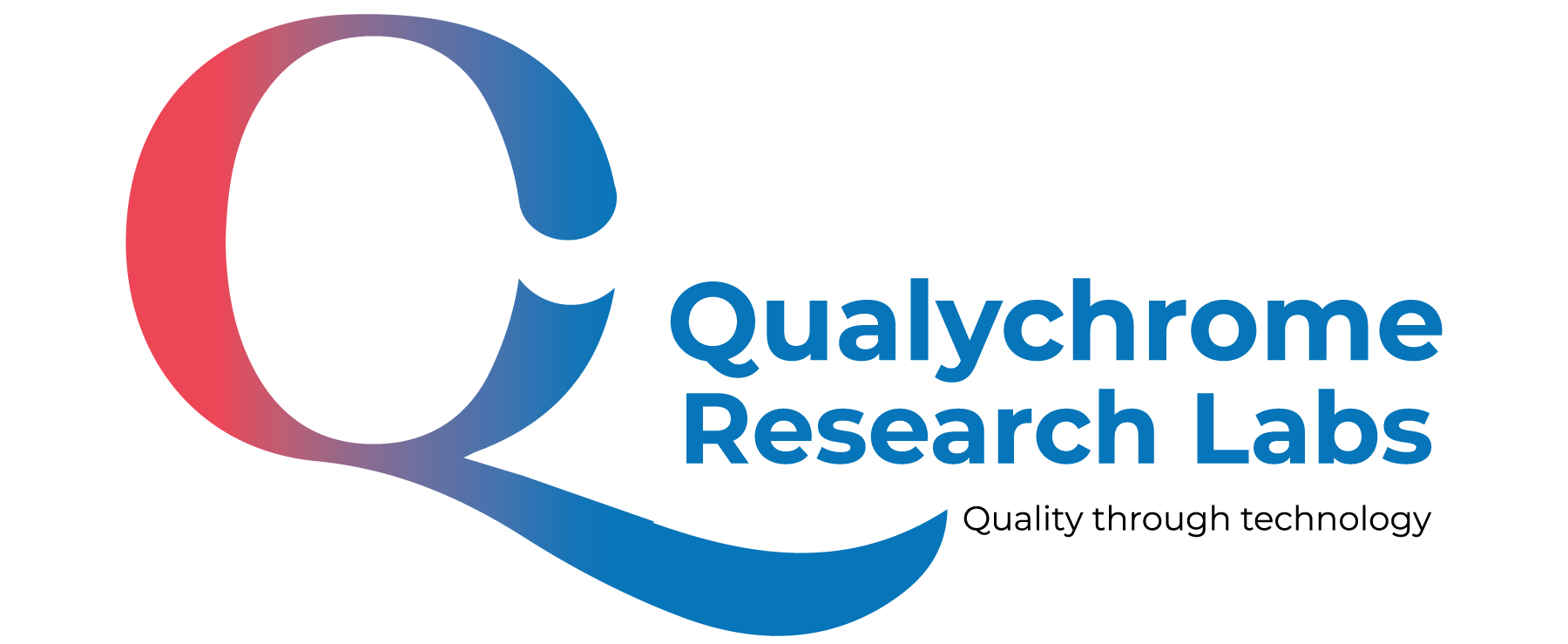Live projects are a valuable component of the education for students pursuing B.Pharm, M.Pharm, or M.Sc. These projects provide an opportunity for students to apply the theoretical knowledge they have acquired in the classroom to real-world situations. Live projects also help students to develop practical skills, enhance their critical thinking abilities, and gain experience working as part of a team.
Here are some key things to keep in mind when considering live projects for B.Pharm/M.Pharm/M.Sc students:
Timing: Live projects can be undertaken at any point during the program, but are typically undertaken in the final year or semester.
Objectives: The main objectives of live projects for B.Pharm/M.Pharm/M.Sc students include providing them with hands-on experience in research, developing their skills in data analysis and interpretation, and enhancing their ability to work as part of a team.
Duration: The duration of live projects can vary depending on the program and the research question. It can range from a few weeks to several months.
Project Design: Live projects can be designed in a variety of areas such as drug discovery and development, clinical research, pharmacology, pharmacovigilance, and quality control. The project should be designed in such a way that it aligns with the student’s area of interest and the program’s learning outcomes.
Industry Partner: B.Pharm/M.Pharm/M.Sc students can undertake live projects in a variety of settings, including pharmaceutical companies, research institutions, and academic institutions.
Assessment: Live projects should be assessed to ensure that students are meeting the required learning outcomes. This may involve assessments of practical skills, written assignments, and presentations.
Overall, live projects provide B.Pharm/M.Pharm/M.Sc students with a valuable opportunity to apply the theoretical knowledge they have acquired in the classroom to real-world situations. It is an essential component of the curriculum and helps to prepare students for successful careers in the field.
• Pharmaceutics
• Pharmaceutical Analysis
• Pharmacology
• Pharmaceutical Chemistry
• Regulatory Affairs
• Pharma Biotech/Microbiology
• Pharmacy Practice.
